
Plants that Repel Bugs
Important note: Many plant oils can cause skin irritation for those that are sensitive. Before using any of these plants as an insect repellant, rub crushed leaves on a small area of your forearm to determine your tolerance
-

Ageratum
This is an annual that is also known as a Floss flower. Ageratum emits a smell that mosquitos find particularly offensive. Ageratum secretes coumarin, which is widely used in insect repellents.
-

Allium
Bulbs which include garlic & onion release a strong fragrance that mosquitos do not like.
-
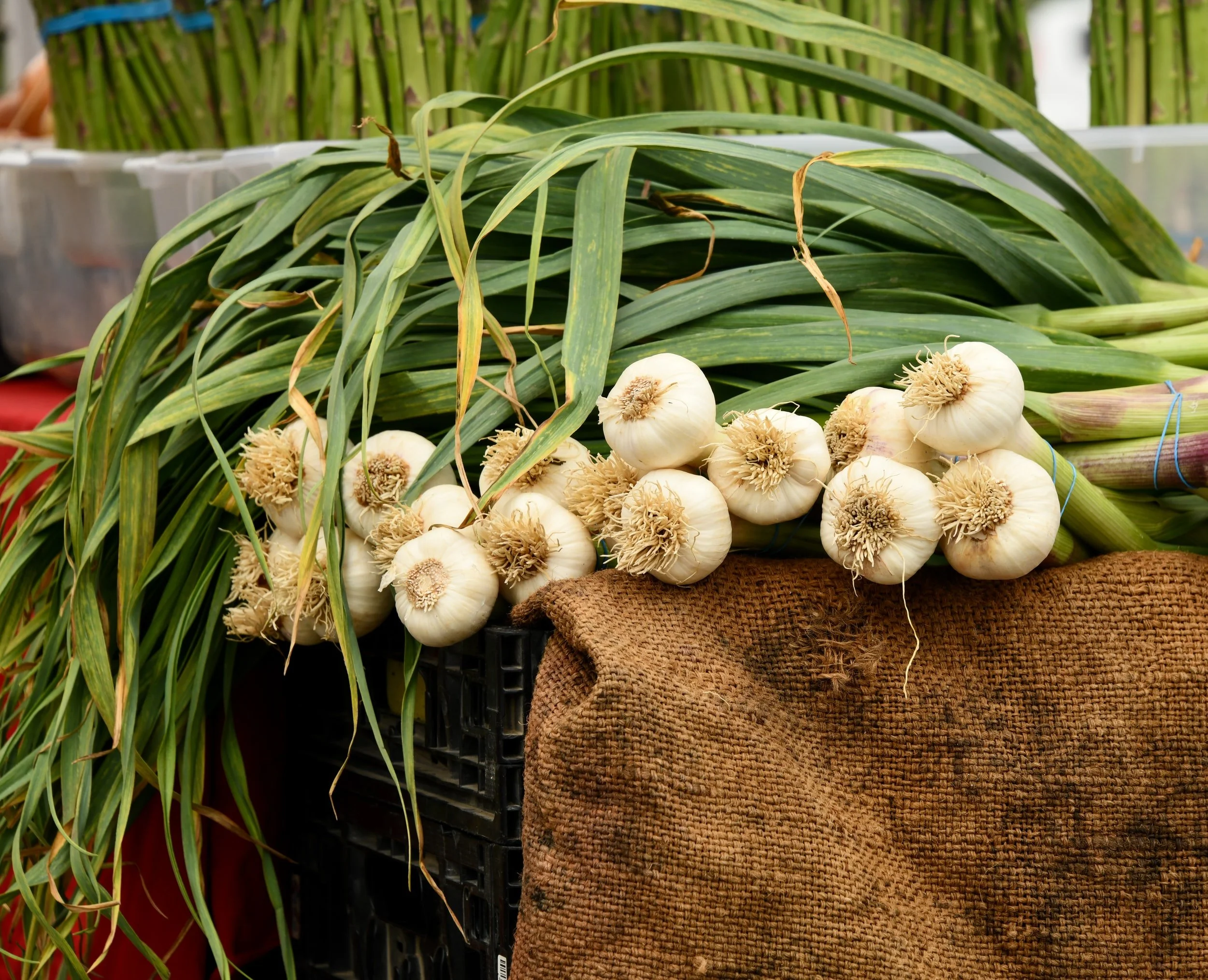
Garlic
The most common use is to make a garlic spray to repel mosquitos and other flying insects. Crushed bulbs placed on the ground can deter beetles and other crawling insect.
-

Basil
You can never grow enough basil in the Summer! Crush some fresh leaves on a new bite to release the essential oil. Keep a bottle of basil essential oil in the first aid kit to treat wasp stings and other bug bites. Basil also acts as a good repellent for flies, moths, and mosquitos. Just rub on your skin while working in the garden to keep the pests away.
-

Bay leaves
Although these are difficult plants to find, they contain essential oils and a compound called Eucalyptol. According to research at Kansas State University, this compound is effective at eliminating bugs from the kitchen and repelling cockroaches and weevils. A fresh bay leaf in each storage container of beans or grains will deter moths & weevils. Sprinkle dried bay leaves with other deterrent herbs in the garden as a natural insecticidal dust.
-
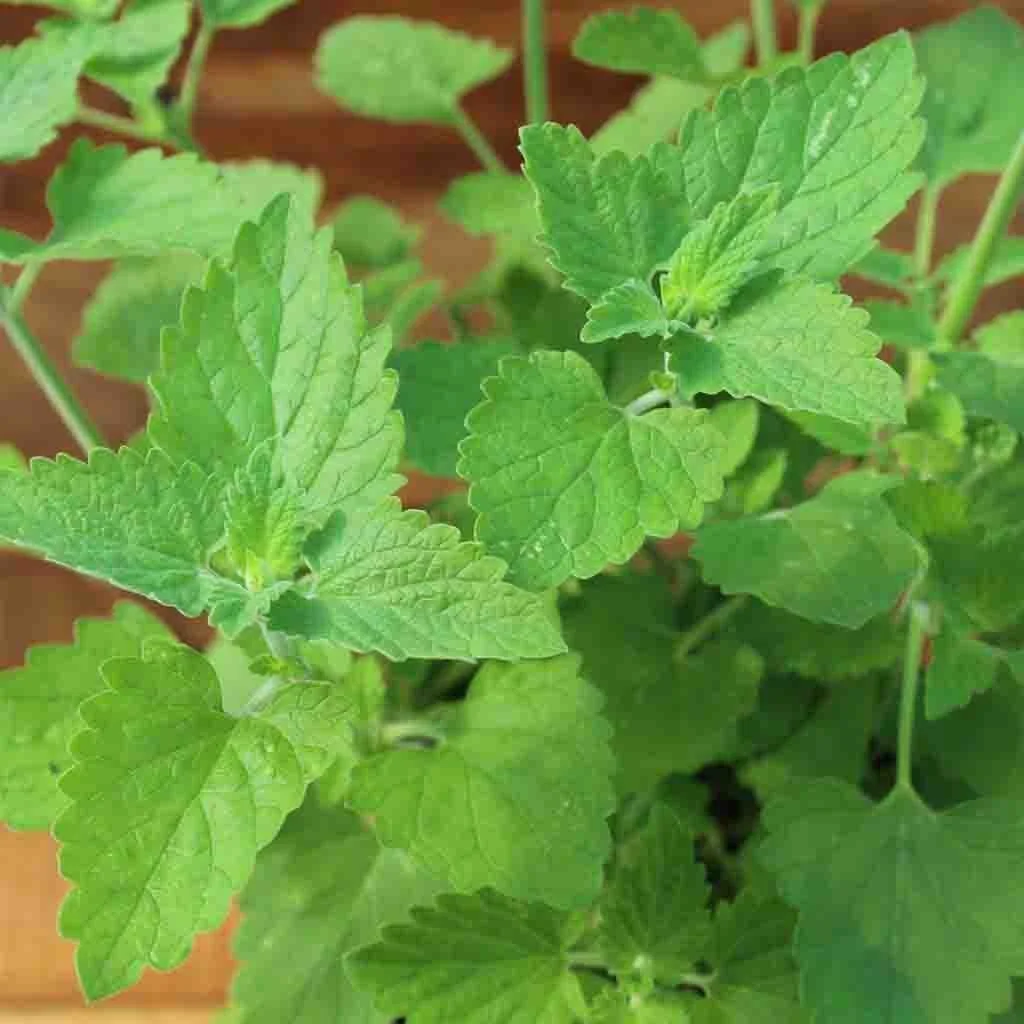
Catnip
Studies suggest that catnip may be even more effective at repelling mosquitos than DEET, which is the most common ingredient used in commercial bug repellents. It also repels cockroaches, flea beetles and other small bugs. A word of caution to cat owners: your cat may want to roll around and play in it! Plant catnip away from the rest of your garden so that they don’t accidently damage other nearby plants.
-
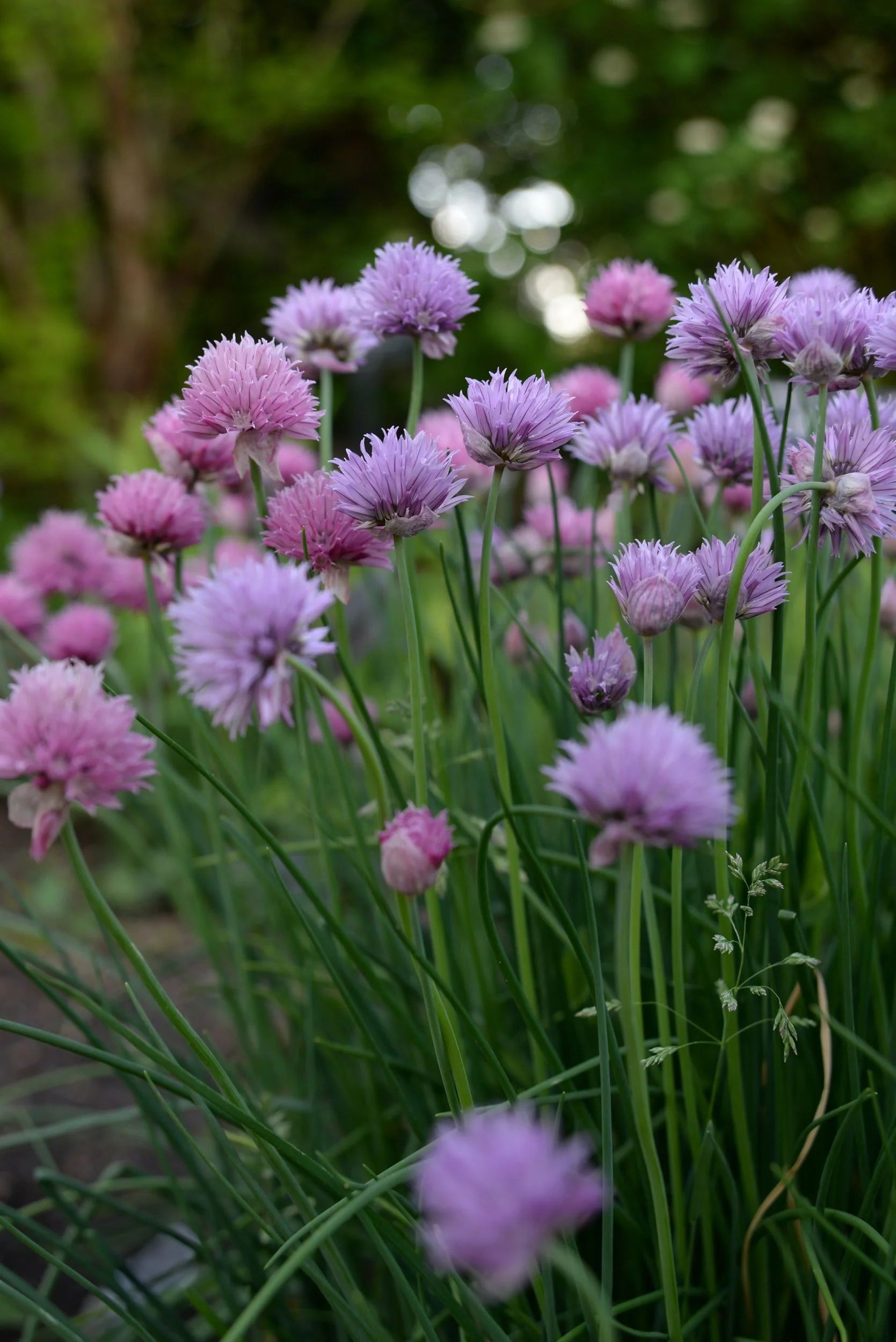
Chives
Chives deter aphids, mites, Japanese Beetles, rabbits, & deer.
-
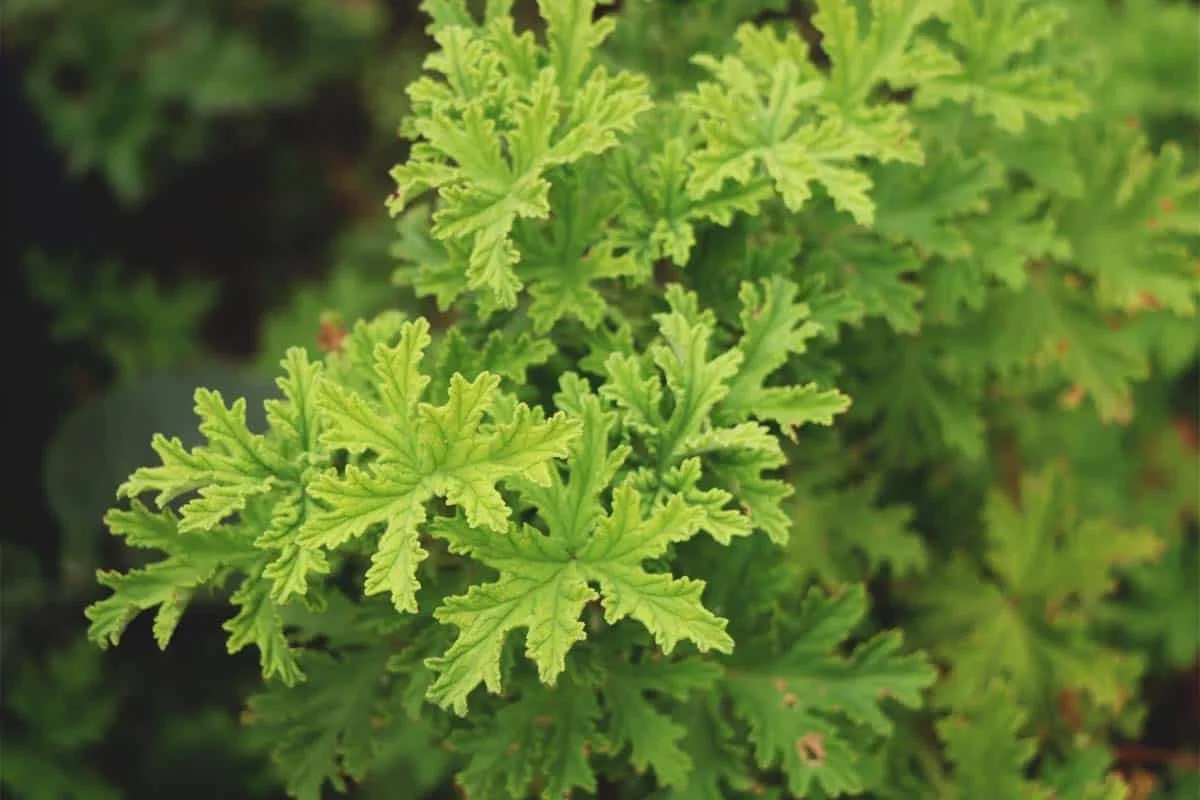
Citronella
“The Original” for bug repelling with a powerful lemony scent that comes from the oils of the foliage. It is used in many commercial bug repellents and candles. Other “scented geraniums” are beautiful plants that also contribute to mosquito repelling.
-

Hyssop
Hyssop deters cabbage moths and flea beetles. It also attracts bees and thus some beekeepers rub the hive with it to encourage the bees to keep their home.
-

Lavender
Grow it around the house and garden to keep bugs away. It can also continue to grow inside during winter if you keep it next to a sunny window. Lavender has a lovely scent, pretty flowers, & calming properties as well. It repels mosquitos, moths, fleas, & flies.
-

Lemon Grass
This beautiful grassy plant is packed with citronella which is a natural oil that mosquitos can’t stand. Citronella is one of the best-known alternatives to DEET. Just crush the leaves and then rub on the skin or clothing.
-

Lemon Balm
Lemon balm contains high levels of a compound known as Citronellal, not to be confused with Citronella. This compound gives the lemony aroma and flavor that bugs do not like. Simply crush the fresh leaves and rub them on your skin, especially around the ankles, arms, and other areas most vulnerable to bug bites. Lemon balm, like mint, can be very invasive, so try growing it in a pot near your patio.
-

Marigolds
Marigolds are annual plants that have a very distinctive smell which mosquitos, aphids, and other pests find offensive. Marigolds contain Pyrethrum which is a common compound found in many insect repellents.
-

Mint
Mint deters mosquitos, white cabbage moths, ants, rodents, flea beetles, fleas, & aphids. It improves the health of cabbage and tomatoes. Mint flowers attract hoverflies and predatory wasps. Earthworms are also attracted to mint plantings. Mint can be invasive thus be cautious where you plant them as they are a perennial that will come back bigger every year. Planting in pots is a good strategy in order to “control” their invasive nature.
-

Peppermint
This is the most effective mint against biting bugs. Just crush up the leaves and rub it on your skin & clothes to ward them off. Peppermint can also provide itch relief if you do get bitten.
-

Petunias
Petunias help repel leafhoppers, squash bugs, tomato hornworms, & aphids. Try planting them next to Brassicas (cole crops), beans, basil, tomatoes, corn, peppers, & roses.
-

Rosemary
A common herb whose aromatic scent repels flies, mosquitos, cabbage moths, & other common bugs. A little sprig of Rosemary can also be tossed into your firepit to repel unwanted insects.
-

Sage
Sage repels the same pests as Rosemary but is especially good against snails, cabbage moths, beetles, & flea beetles. You can also put sage leaves in your backyard firepit to keep mosquitos away.
-
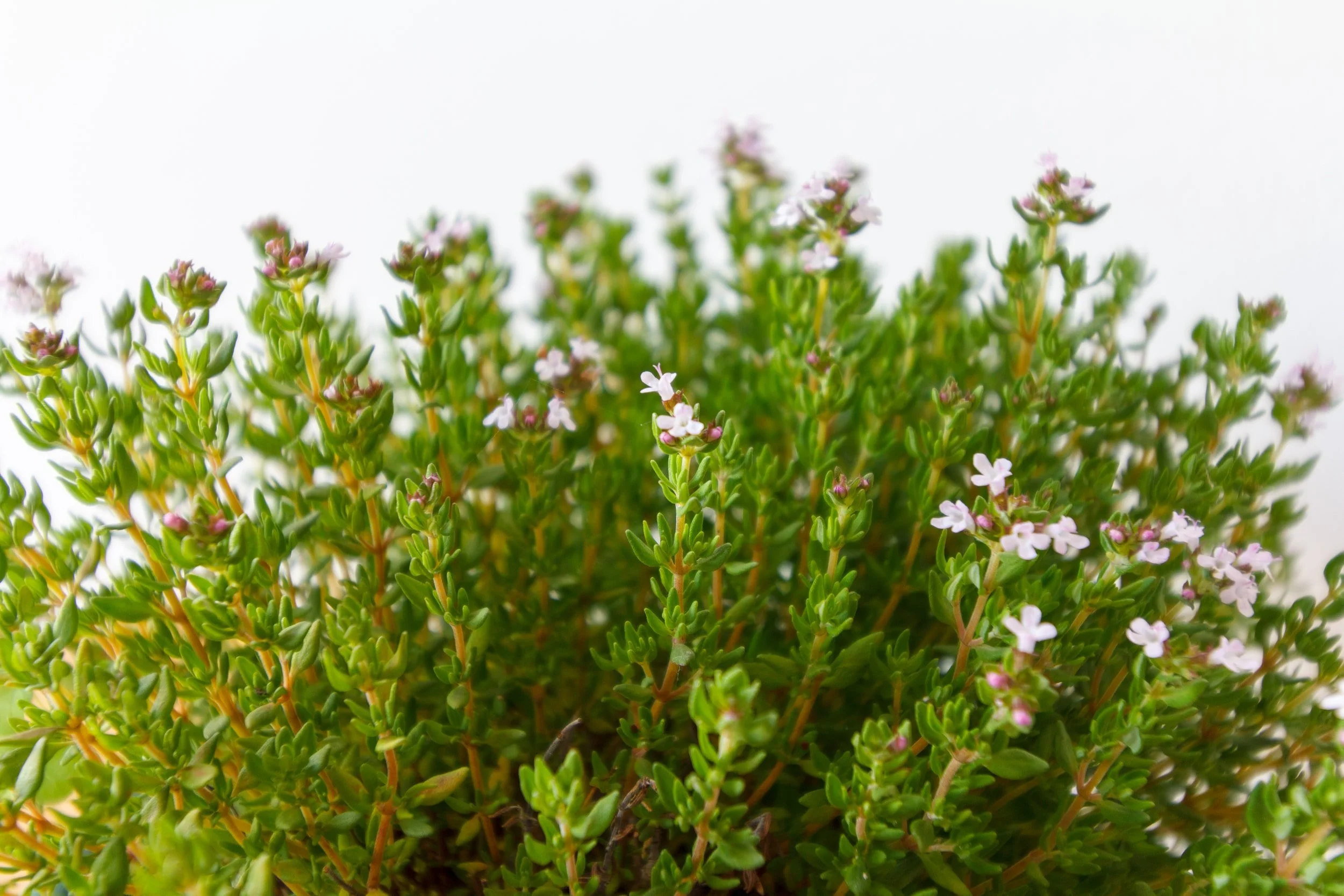
Thyme
Deters mosquitos and helps prevent musty odors. Use both flowers and leaves in sachets.

